Yesterday's legends of tomorrow: 10 previous U21 Euros stars
The U21 Euros start on Wednesday - and past editions have been career springboards for legends of the game...
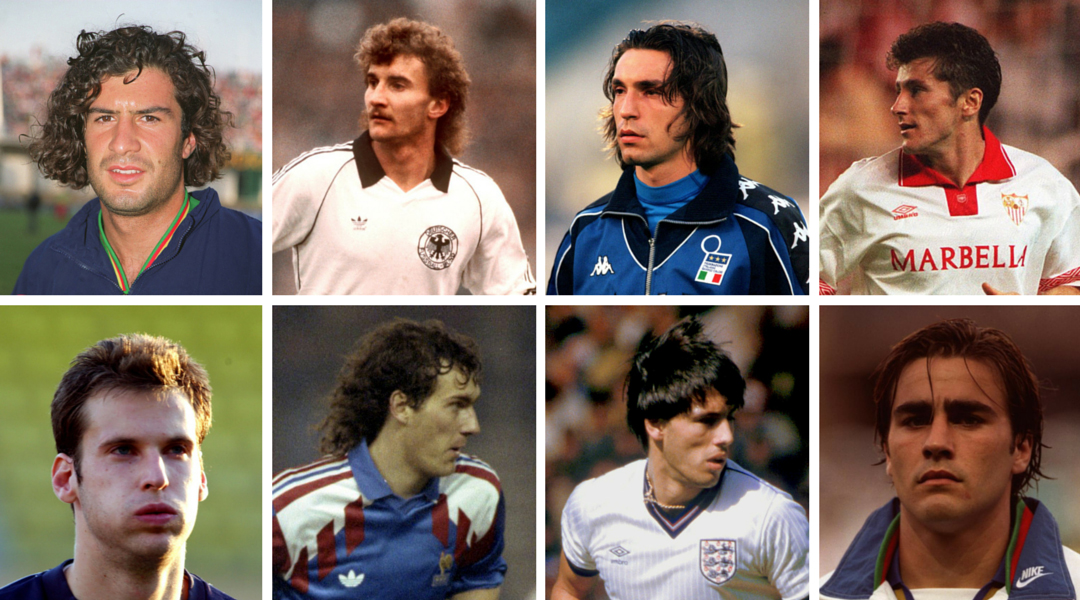
Ever since its relaunch in 1978 (before that it was an under-23 tournament), the European Under-21 Championship has always been a fertile breeding ground for young stars - and a fascinating glimpse into the future. Who knows what potential Ballon d'Or-grabbers and World Cup-lifters will be among the eight squads who line up in the latest edition, starting this Wednesday in the Czech Republic? As if they needed any more encouragement, members of Gareth Southgate’s England squad will be looking to follow in the footsteps of these household names who announced themselves at the Euro U21s...
Rudi Voller (1982)
England don’t often win against Germany at any level, so the 5-4 aggregate victory in the 1982 final was certainly worth celebrating. Despite the Young Lions’ triumph, Voller was the undoubted star of the competition, scoring six goals and impressing with his all-round displays.
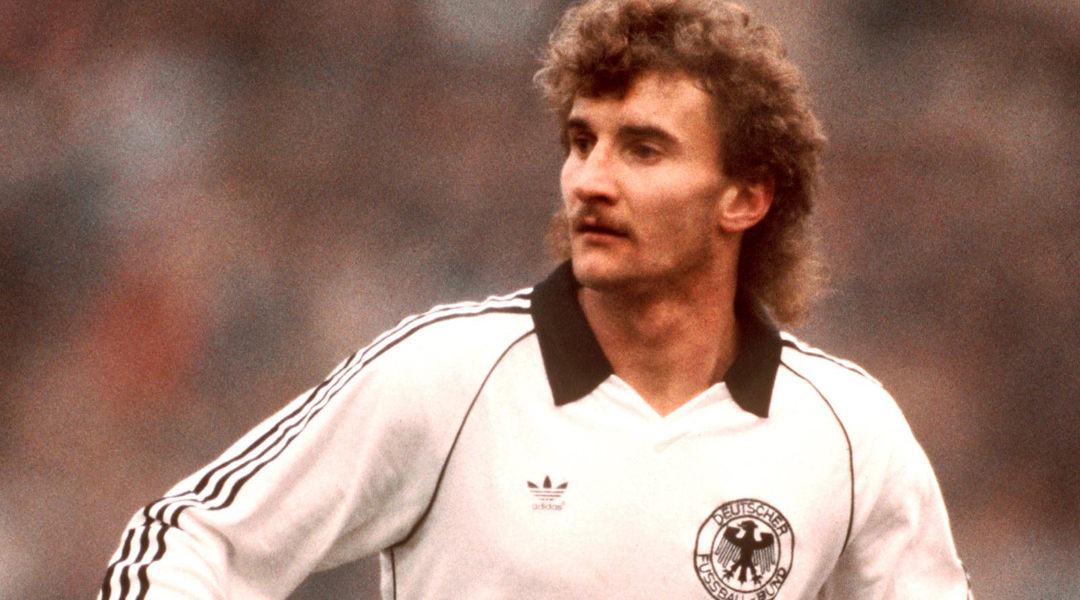
Voller – who joined Werder Bremen from 1860 Munich that summer, later representing Roma, Marseille and Leverkusen, while winning 90 caps and scoring 47 goals for Germany – was injured for the second leg of the final, which arguably helped England get over the line. Gareth Southgate’s side would presumably allow Philipp Hofmann to receive the individual plaudits if it meant winning the Euros this time around.
Mark Hateley (1984)
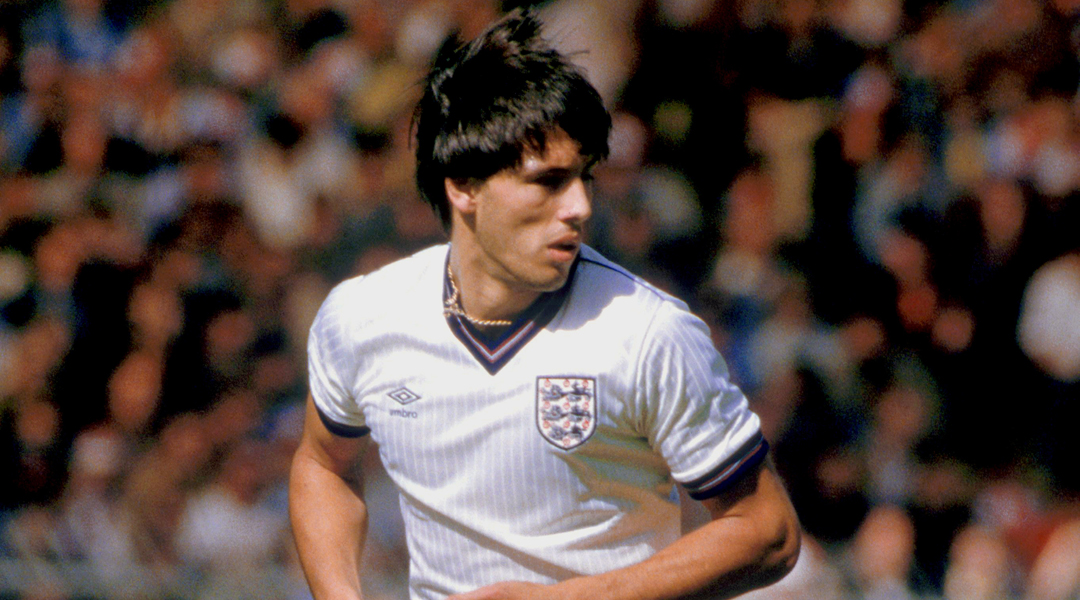
It’s now more than 30 years since England last won this competition. In the 1984 triumph, Hateley was his country’s standout man, troubling distinguished opponents with his uncompromising style of play. Strong in the air, quick across the ground and in possession of an excellent left foot, the target man attracted attention from far and wide. The son of nomadic frontman Tony, Hateley Jr had endured a stuttering start to his senior career at Coventry (including an unsuccessful loan to Detroit Express), but a move to second-tier Portsmouth brought 22 goals in 38 league games – and AC Milan won the race for his signature just a few short weeks after the tournament’s denouement. He would go on to play for Monaco, Rangers and QPR, winning 32 senior caps. Hateley grabbed six goals in the two-legged knockout stages alone as England thrashed France, ground out a win against Italy and turned on the style in a comprehensive 3-0 dismissal of Spain in the final. It’s not often you see that sort of sentence.
Laurent Blanc (1988)
Get FourFourTwo Newsletter
The best features, fun and footballing quizzes, straight to your inbox every week.
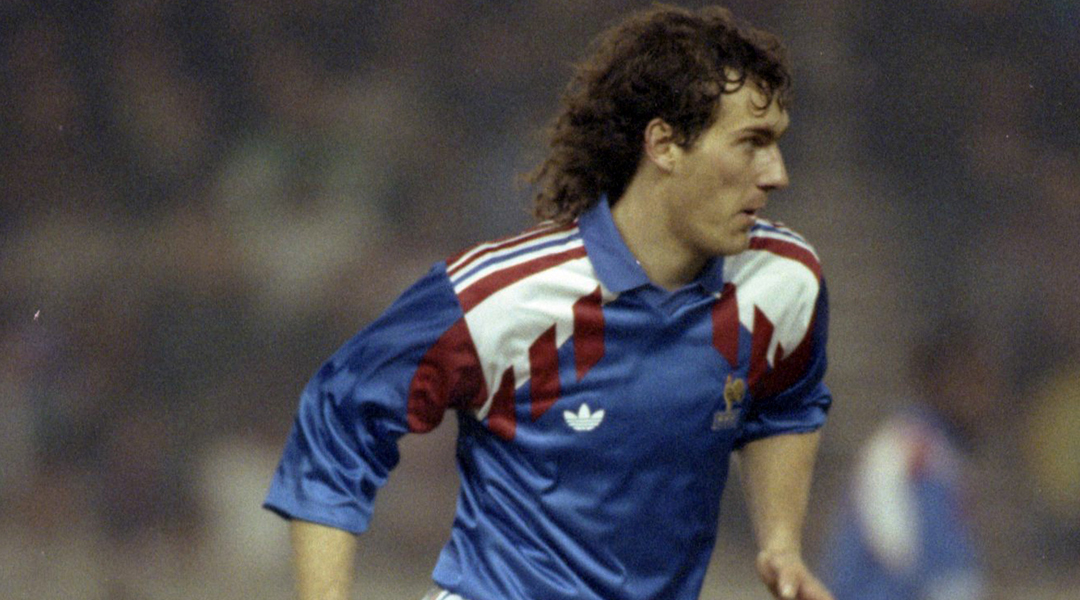
Having broken into the Montpellier team in 1983 – as an attacking midfielder, believe it or not – Blanc had already played more than 100 senior games by the time summer 1988 rolled around, but it was the U21 Euros that really showcased his skills. Demonstrating his superb reading of the game and an elegance and composure on the ball, Blanc was the inspiration behind Les Bleus’ success and was duly nominated the tournament’s Golden Player. Ten years later, he would captain his country’s senior side to World Cup glory on home soil, the pinnacle of a career which also took in spells at Barcelona, Marseille, Inter and Manchester United. If such an achievement is the stuff of dreams, Blanc was merely confirming the promise he had showed in 1988. If only all exciting young players did the same.
Davor Suker (1990)
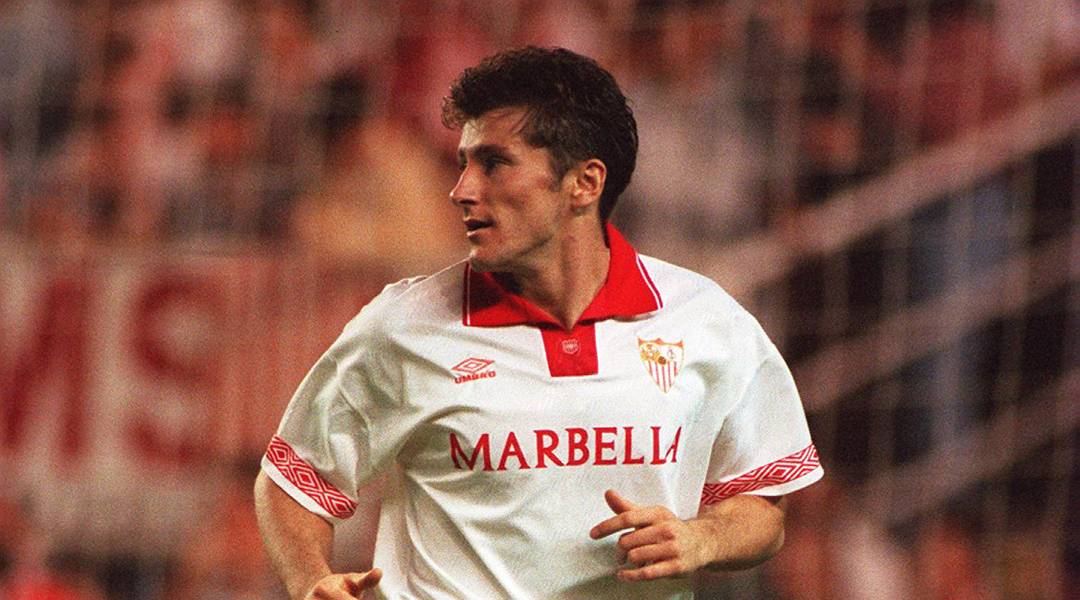
Suker is best remembered for his Golden Boot-winning exploits with Croatia at France 98, but it was while representing a different nation that he first came to an international audience’s attention at the start of that decade. The 1990 European Under-21 Championship came shortly before the dissolution of Yugoslavia, so it was for the former federal republic that Suker sucked up the goals, kickstarting a career that would take him to Sevilla, Real Madrid and Arsenal among others. A team that also featured Zvonimir Boban, Predrag Mijatovic and Robert Prosinecki reached the final, but were defeated 7-3 on aggregate by the USSR – a game between two nations that would soon be changed forever by political forces.
Luis Figo (1994)
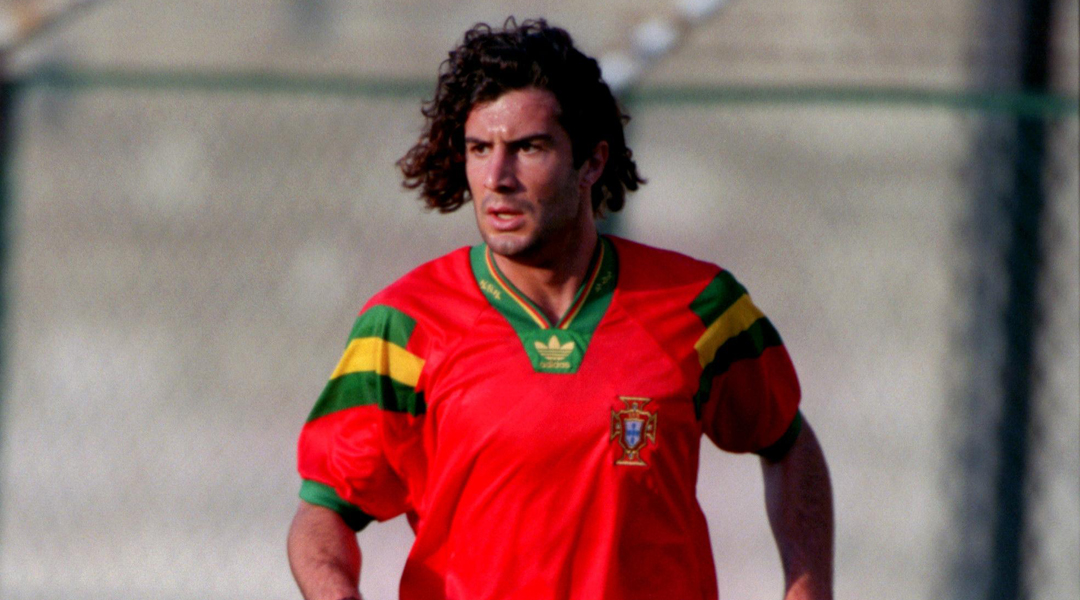
Figo won his first senior cap in 1991, but he really burst onto the continental scene at the 1984 U21 Euros – the first to have the final stages in one country (in this instance, the semis onwards in France). It shows the impression Figo made that although he didn’t score and Portugal didn’t win the trophy – they lost the final to Italy in extra-time – he was named Golden Player for his contributions to Nelo Vingada’s side. Figo went on to play for Barcelona, Real Madrid and Inter, winning eight league titles, a European Cup and a Ballon d’Or. Those who saw him in 1994 would not have expected any less.
Fabio Cannavaro (1996)
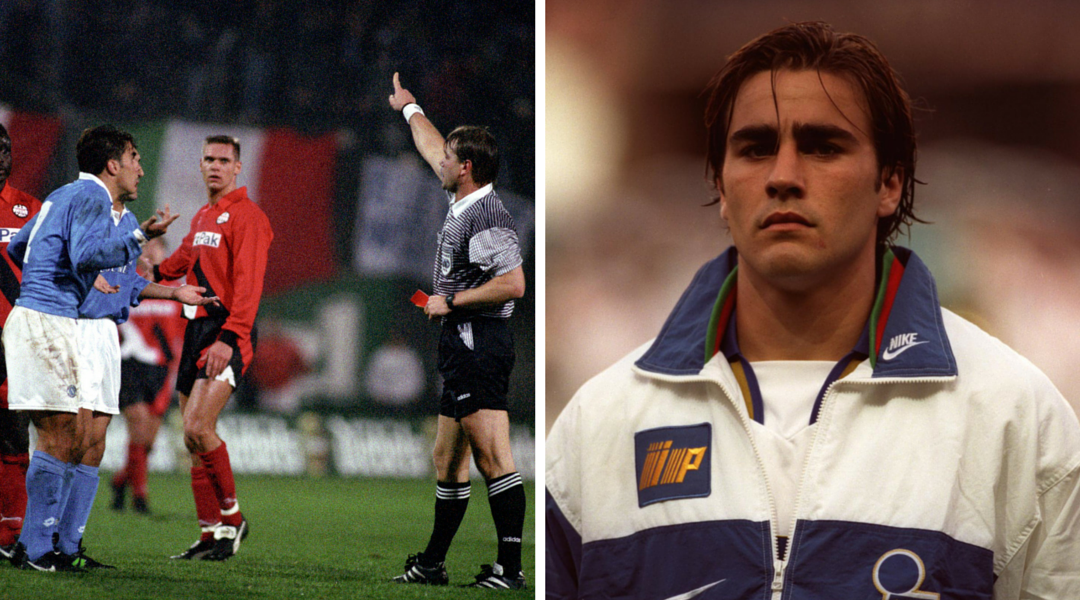
By the mid-2000s, everyone with even the slightest understanding of the game knew that Cannavaro was a world-class centre-half. In his younger days, though, it was assumed that his size – just 5ft 9in – precluded him from playing at the heart of the back-line. Any such fears were quickly assuaged in the minds of those who saw him play in 1996. Superb as Italy retained the trophy, the then-Parma defender was the key man in a side that was well organised and difficult to break down – as he would prove to be for Inter, Juventus, Real Madrid and the Azzurri senior side, for whom he became the most-capped outfielder in history.
Andrea Pirlo (2000)
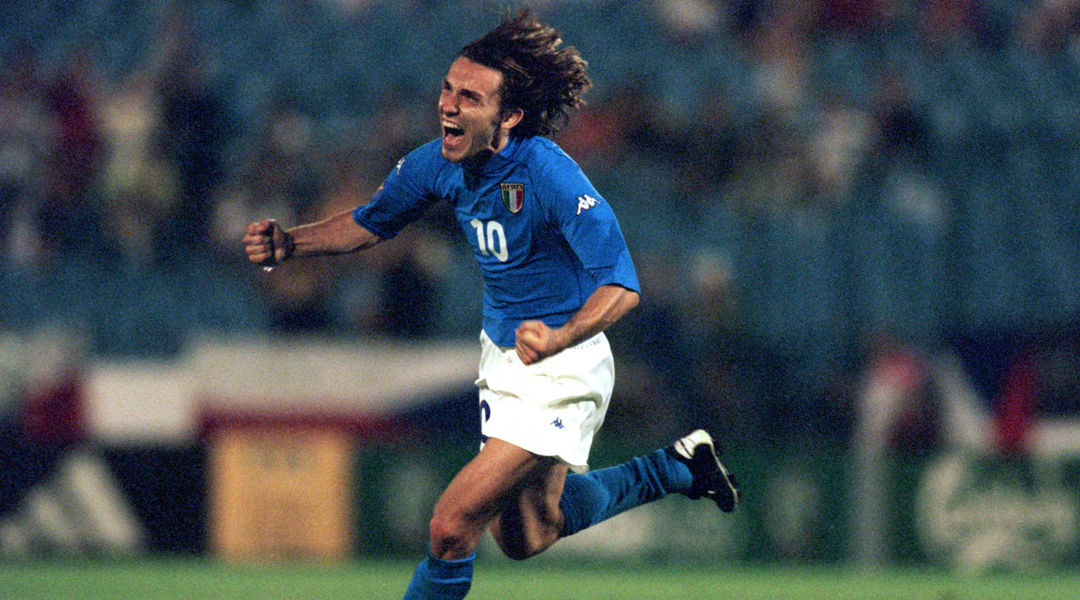
Like Laurent Blanc, Pirlo found worldwide fame dictating play from deep but started high up the pitch, as a No.10. It was in that position that the then-Inter player finished as the 2000 U21 Euros’ top scorer as Italy – whose ranks also included Gennaro Gattuso – won the trophy for the third time in four finals. Two of his three strikes came from the penalty spot, including one in the Azzurrini’s opener with England after Jamie Carragher hauled down future Crystal Palace loanee Nicola Ventola. He also scored the winner in the final with an 81st minute free-kick curled past helpless Czech goalkeeper Ales Chvalovsky. He wouldn’t be the last victim of a set-piece specialist who would go on to glory with Milan, Juventus and Italy.
Petr Cech (2002)
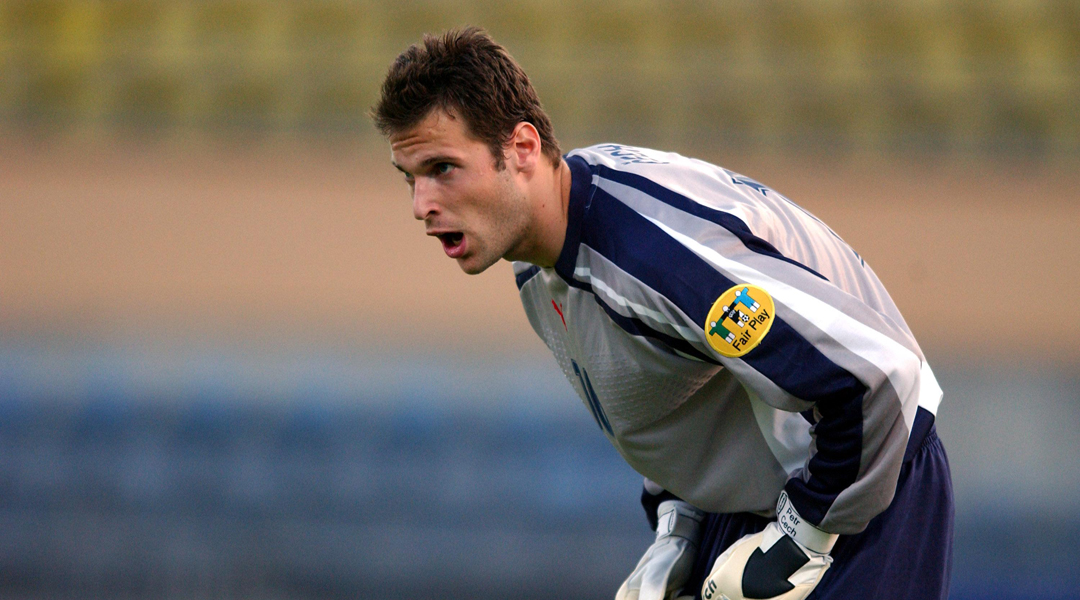
Two years later, the Czechs had another goalkeeper – and with all due respect to Chvalovsky, who never quite fulfilled the promise that had seen Liverpool sign him as a 16-year-old, his replacement was in a different class. By 2002, Petr Cech was barely out of his teens but had already claimed a Czech record by going more than 15 hours without conceding. The Sparta Prague keeper was essential as a young and talented Czech Republic generation won their first European Championship. The 6ft 5in stopper, who would go on to win more than 100 senior caps and a cupboard full of medals at Chelsea, made the difference for his country in a tight final with France: having pulled off some fine saves to keep the scores level, he saved shootout penalties from Julien Escude and Pierre-Alain Frau to help his country claim their maiden title.
Mesut Ozil (2009)
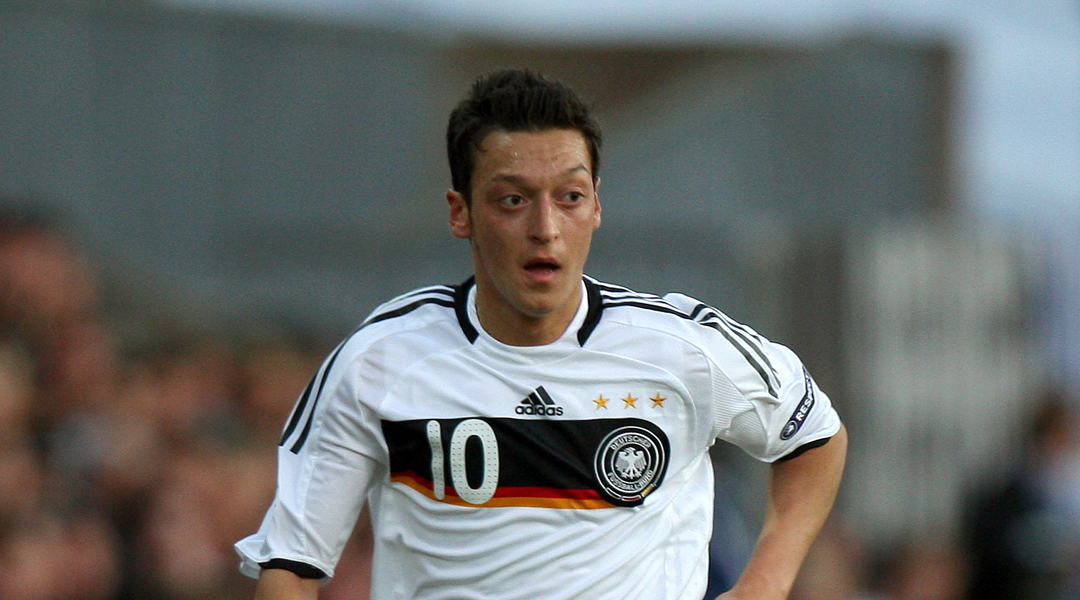
The Arsenal man was sublime in 2009, pulling the strings as Germany romped to the title with a 4-0 thrashing of England in Malmo. The then-Werder Bremen midfielder demonstrated his class throughout the competition, tormenting opponents with the kind of close control and incisive passing that would take him to Real Madrid, Arsenal and 2014 World Cup glory. Five years before the senior Germany side triumphed in Brazil, more than half of the XI they selected for the World Cup final – Ozil, Mats Hummels, Benedikt Howedes, Jerome Boateng, Manuel Neuer and Sami Khedira – featured in the U21 final against England, who included Lee Cattermole, Martin Crainie and Scott Loach in their XI. In hindsight, it’s probably no surprise that Stuart Pearce’s charges came off second best.
Juan Mata (2011)
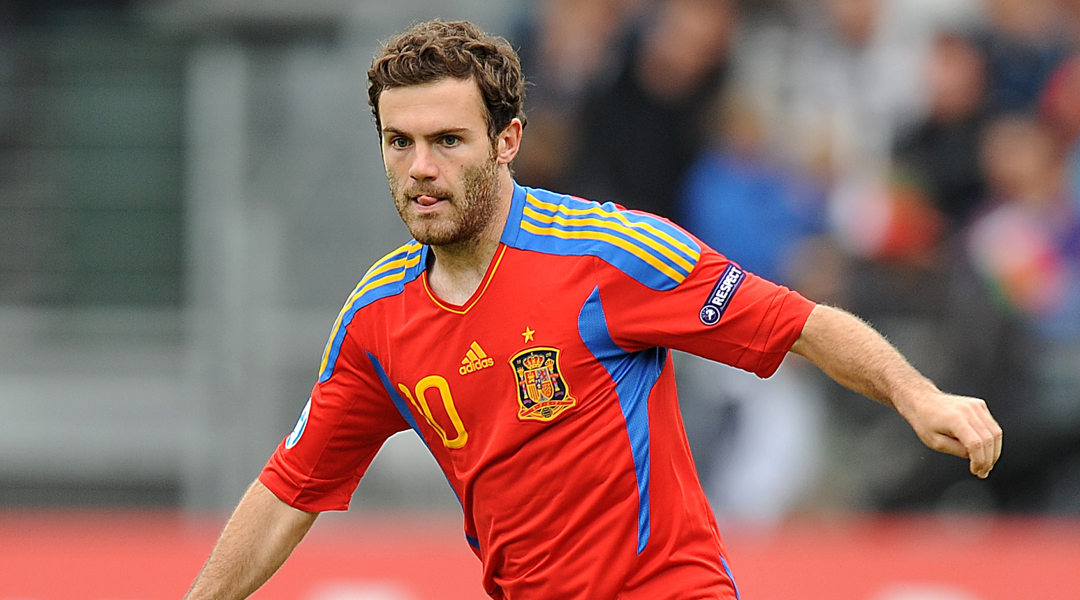
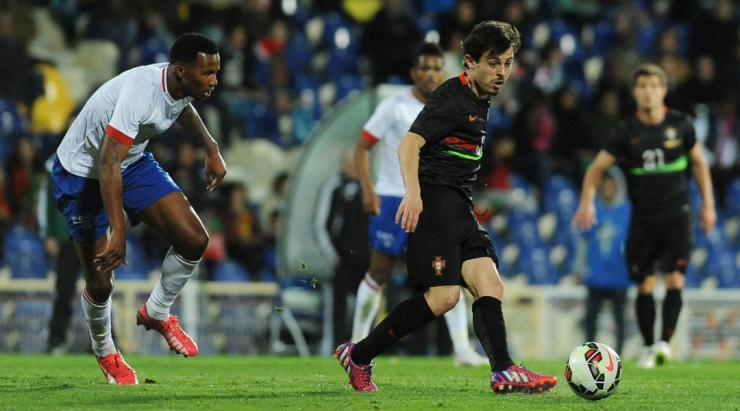
Spain’s domination of world football in the first dozen years of the new millennium wasn’t just limited to the senior side: the Under-19s won back-to-back European Championships in 2011 and 2012, while the U21s emerged victorious in the 2011 and 2013 Euros. Mata was 23 when the 2011 edition kicked off and had already been impressing for Valencia in the four years previously, but his performances in Denmark confirmed his incredible talent – and convinced Chelsea to part with £23.5m to buy him that August.
Greg Lea is a freelance football journalist who's filled in wherever FourFourTwo needs him since 2014. He became a Crystal Palace fan after watching a 1-0 loss to Port Vale in 1998, and once got on the scoresheet in a primary school game against Wilfried Zaha's Whitehorse Manor (an own goal in an 8-0 defeat).

